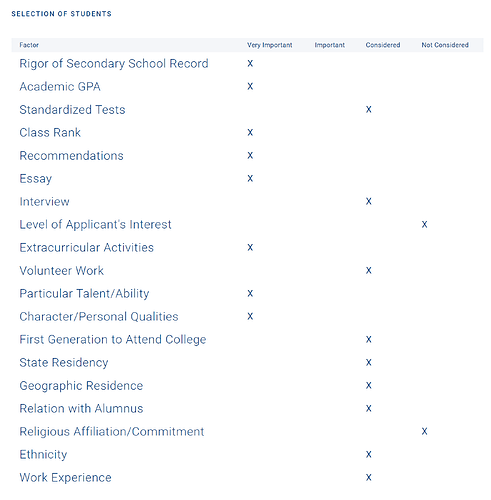Again, I agree to test Harvard’s character-value-added theories, you would need both an entrance measure of character, and an exit measure of character, and you would need a non-holistic control group.
Since I was just on the subject, this is yet another thing which is possible in the UK, say, as applied to the aforementioned tariff points. The UK remains very standardized in terms of evaluating recipients of undergraduate degrees (which, again, are specific to course). So, you can compare the UCAS tariff points of students entering a certain course at a certain university to how they did on their exit evaluations and assess value added.
This is precisely what, say, the Guardian does as part of its league tables:
You can look up the table for, say, Economics, and learn that in this edition, the Cambridge Economics course had the highest average entry tariff (214), followed by Oxford (206), St Andrews (204), Strathclyde (203), and LSE (196). Seems plausible.
But, then you can look at the value added score (which is normed to a 10 point scale). St Andrews, consistent with its reputation for good teaching, is a solid 8. LSE was only 6–not bad, but also consistent with their meh reputation for teaching.
Oxford was a 5, and Cambridge a 4. Those people did well when exiting, of course, but apparently no more well than you would expect based on their high entering tariffs.
And Strathclyde was only 3. Ouch.
OK, so if we had a standardized average entry tariff for character, and a standardized measure of character at exit, we could see if Harvard and its peers were actually adding value or not. I actually have no idea what would happen if that was possible.
But it isn’t possible. But that doesn’t mean they are wrong. It means we can’t study it in this way.
![]() ).
).

